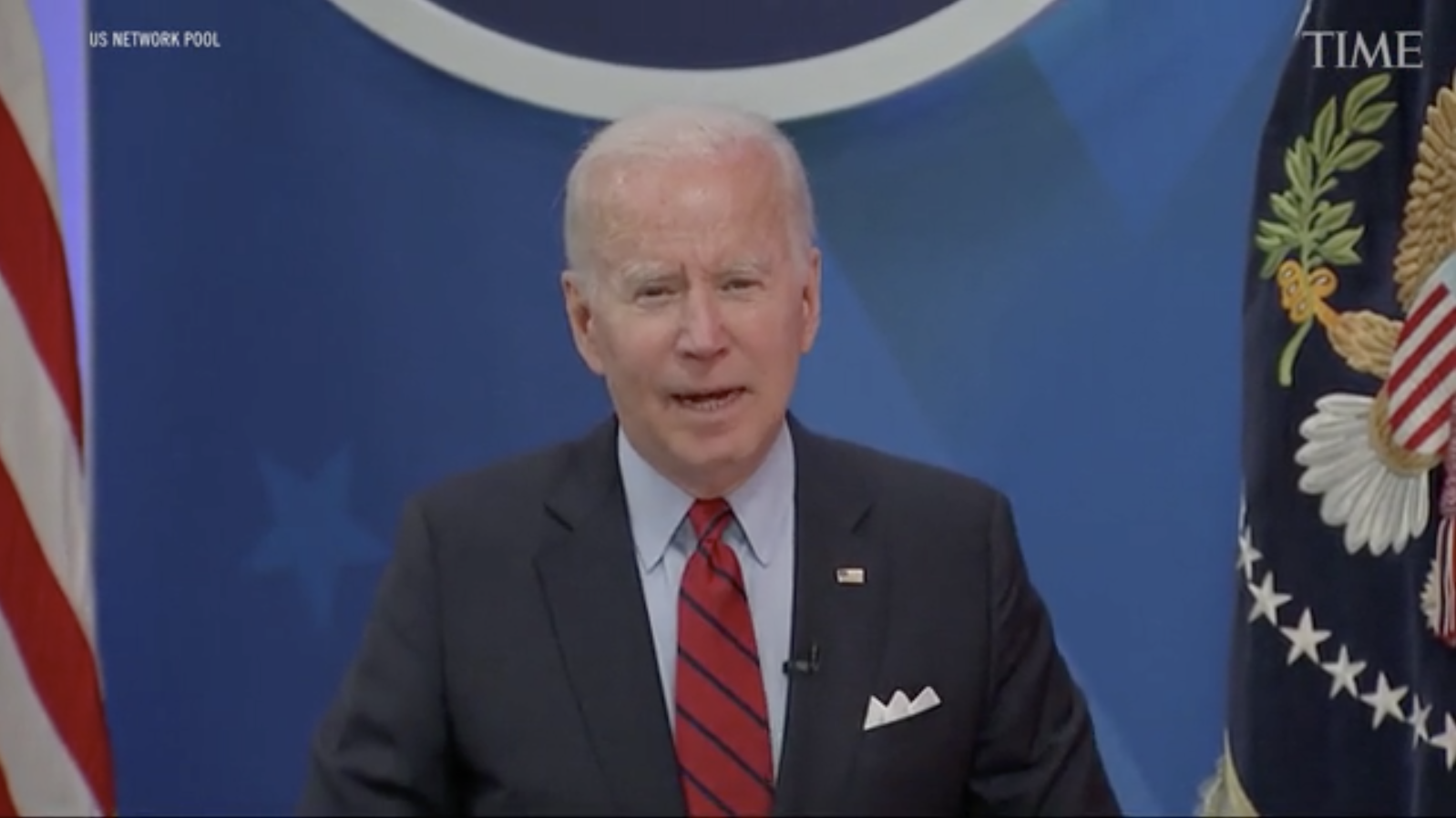
In Wisconsin, the Supreme Court’s decision last Friday to overturn Roe v. Wade had an almost instantaneous effect: as soon as the Justices issued their opinion, medical providers across the state immediately stopped providing abortions.
That’s because Wisconsin is one of several states that already had a law banning abortion on its books, leftover from before Roe established the right to abortion in 1973. In this case, the law dates back to 1849, the year after Wisconsin became a state. While the law has not been used in modern times and Wisconsin’s Democratic Attorney General Josh Kaul promised he wouldn’t enforce it, the Supreme Court decision meant that local prosecutors could suddenly choose to act on the law. So providers are treating abortion as effectively illegal until something happens to clarify the situation.